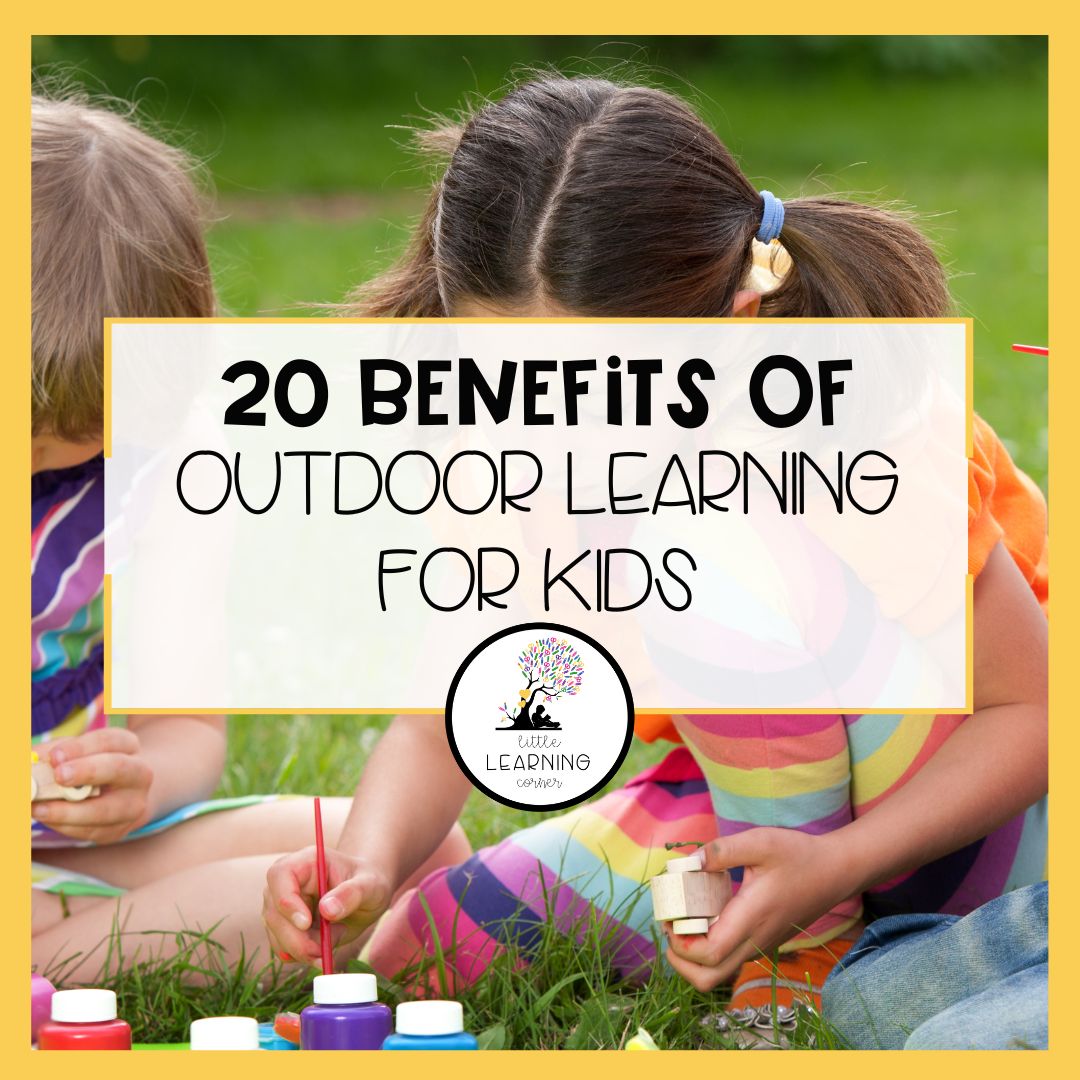Benefits of Outdoor Learning
The Importance of Outdoor Learning
Outdoor learning is a valuable educational approach that provides numerous benefits to individuals of all ages. It involves taking the learning process outside the traditional classroom setting and immersing oneself in nature and the surrounding environment. This article explores the various advantages of outdoor learning and highlights its positive impact on personal development, academic achievement, and overall well-being.
Enhanced Cognitive Development
Engaging in outdoor learning activities stimulates cognitive development in individuals. Research has shown that exposure to natural environments can improve attention span, problem-solving skills, and critical thinking abilities. Being in nature encourages curiosity and exploration, which in turn enhances creativity and imagination. By actively participating in outdoor learning, individuals can develop a deeper understanding of concepts and retain information more effectively.
Physical Health and Well-being
Outdoor learning promotes physical health and well-being by encouraging individuals to engage in physical activities and exercise. Spending time outdoors exposes individuals to fresh air and natural sunlight, which are essential for maintaining a healthy lifestyle. Outdoor activities such as hiking, gardening, and team sports improve cardiovascular health, strengthen muscles, and enhance overall fitness levels. Moreover, being in nature has been found to reduce stress, anxiety, and depression, leading to improved mental well-being.
Social and Emotional Development
Participating in outdoor learning experiences fosters social and emotional development. Outdoor environments provide opportunities for individuals to interact with their peers, develop teamwork skills, and build positive relationships. Collaborative activities in nature promote communication, cooperation, and empathy. Additionally, being in natural surroundings promotes a sense of awe and wonder, which can lead to emotional well-being and a greater appreciation for the environment.
Environmental Awareness and Stewardship
Outdoor learning plays a crucial role in developing environmental awareness and fostering a sense of environmental stewardship. By engaging with nature firsthand, individuals gain a deeper understanding of the interconnectedness of ecosystems and the importance of conservation. Outdoor learning experiences can inspire individuals to become environmentally conscious and take action to protect and preserve the natural world. This increased awareness and sense of responsibility contribute to the sustainability of our planet.
Academic Achievement
Outdoor learning has been shown to have a positive impact on academic achievement. By integrating outdoor activities into the curriculum, educators can create engaging and memorable learning experiences. Studies have indicated that students who participate in outdoor learning demonstrate improved academic performance, increased motivation, and a greater sense of ownership over their education. Outdoor learning also allows for interdisciplinary connections, as students can apply knowledge gained from various subjects in real-world contexts.
The Future of Outdoor Learning

As society becomes increasingly reliant on technology and indoor activities, the importance of outdoor learning cannot be overstated. It is crucial to prioritize and promote outdoor learning opportunities for individuals of all ages. By embracing outdoor learning, we can foster personal growth, enhance academic achievement, and develop a generation of individuals who are environmentally conscious and passionate about the natural world.
Frequently Asked Questions
1. What are the benefits of outdoor learning?
Outdoor learning offers numerous benefits, including improved physical and mental health, enhanced social skills, increased creativity and problem-solving abilities, and a deeper connection with nature.
2. How does outdoor learning improve physical health?
Outdoor learning encourages children to be physically active, engaging in activities such as running, climbing, and exploring nature. This helps improve cardiovascular health, coordination, and overall fitness.
3. Can outdoor learning benefit mental health?
Yes, outdoor learning has been shown to reduce stress, anxiety, and symptoms of attention deficit hyperactivity disorder (ADHD). Spending time in nature promotes relaxation, boosts mood, and enhances cognitive function.
4. How does outdoor learning enhance social skills?
Outdoor learning provides opportunities for children to collaborate, communicate, and problem-solve together. It fosters teamwork, cooperation, and the development of interpersonal skills, such as empathy and active listening.
5. Does outdoor learning promote creativity?
Absolutely! Being in natural environments stimulates imagination and creativity. Outdoor learning allows children to explore and discover, inspiring them to think critically, come up with innovative ideas, and engage in imaginative play.
6. Can outdoor learning improve academic performance?
Yes, outdoor learning can positively impact academic performance. It provides a hands-on and experiential approach to learning, making subjects more engaging and memorable. It also enhances problem-solving and critical thinking skills.
7. How does outdoor learning foster a connection with nature?
By spending time outdoors, children develop a deeper appreciation and understanding of the natural world. It allows them to observe and interact with plants, animals, and ecosystems, leading to a stronger bond with nature and a desire to protect the environment.
8. Are there any safety considerations for outdoor learning?
While outdoor learning is generally safe, it is important to take necessary precautions. Supervision, risk assessments, and proper equipment are essential to ensure the well-being of children during outdoor activities.
9. Can outdoor learning be integrated into the curriculum?
Absolutely! Many schools incorporate outdoor learning into their curriculum, integrating it into various subjects such as science, geography, and physical education. This allows for a more holistic and well-rounded educational experience.
10. How can parents support outdoor learning at home?
Parents can encourage outdoor learning by providing opportunities for their children to explore nature, engage in outdoor activities, and participate in community programs or nature clubs. They can also incorporate nature-based play and learning materials at home.




